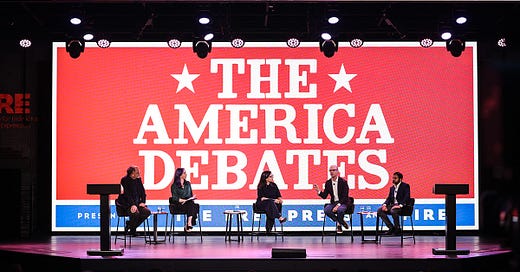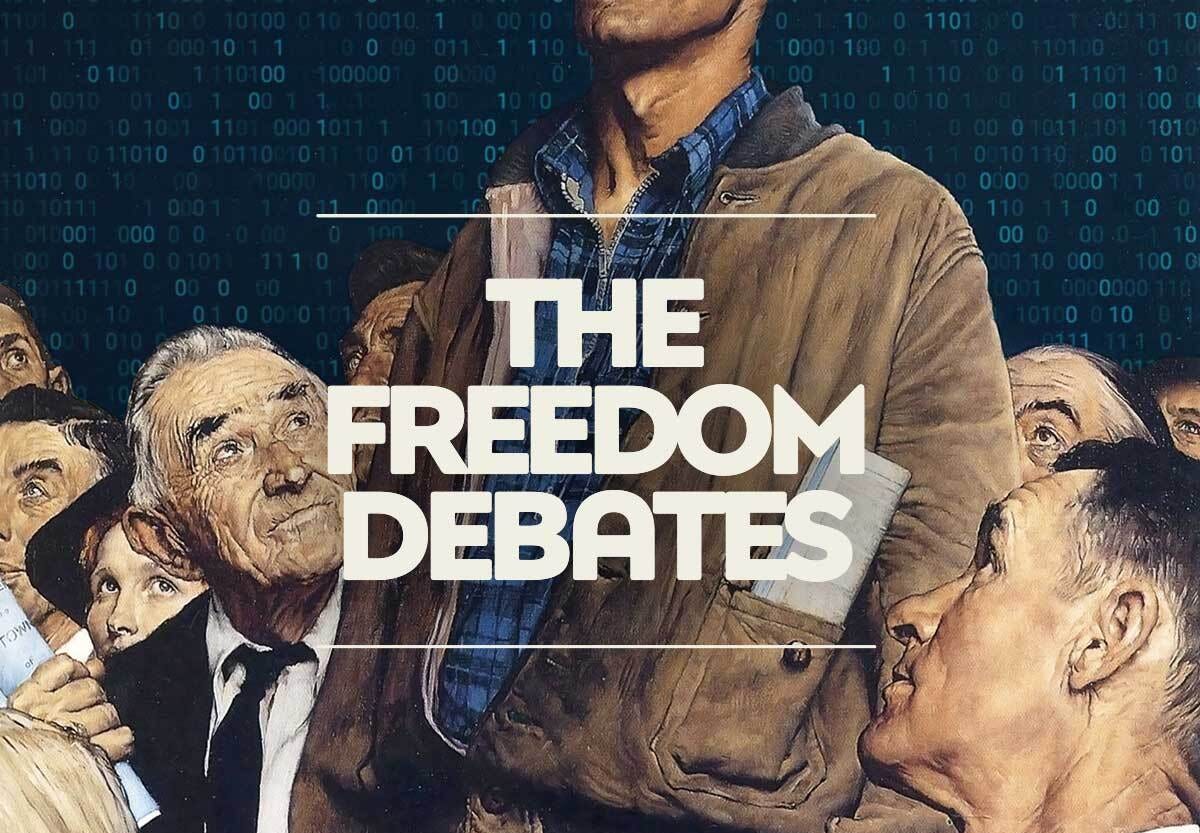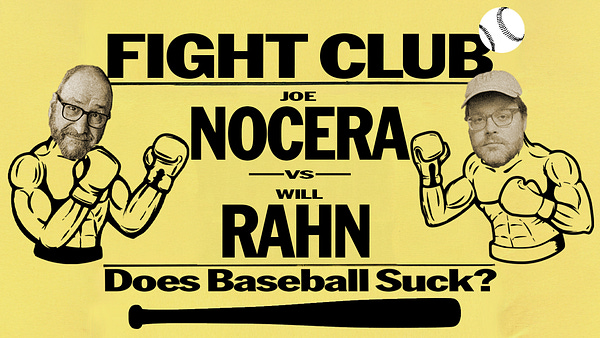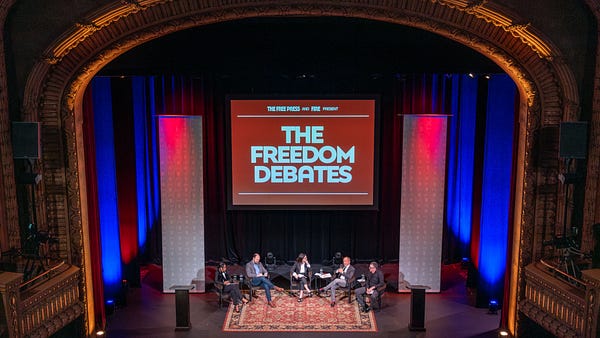
The “American Dream” is the most important of our national myths. It’s the idea that, with hard work and determination, anyone in this country can achieve middle-class security, own a home, start a family, and provide the children they raise with a better life than they had.
Is that still true?
On the one hand, our economy is the envy of the world. We are the richest country, leading the pack when it comes to innovation. And more people choose to move here for economic opportunity than to any other nation.
And yet, everywhere you look in this country, there is a growing sense of pessimism. A sense that you can work hard, play by the rules, even go to college, and still end up saddled with debt and unable to afford the basics, like a home.
Americans were told that higher education would be their ticket to the good life. Now, there’s more than $1.7 trillion dollars in student loan debt hanging over a generation. Americans were told that free trade would make everyone prosper. But try telling that to the 4.5 million people who lost their manufacturing jobs since NAFTA took effect.
Perhaps all of this is why a July Wall Street Journal poll found that only 9% of Americans say they believe that financial security is a realistic goal. And only 8% believe that a comfortable retirement is possible for them.
Now, do those numbers reflect reality? Or just negative vibes?
Last week, we convened four expert debaters in Washington, D.C. to hash out the question: Is the American Dream alive and well?













The data about life expectancy is misleading. American life expectancy at birth is lower than other developed countries by about a year or two. But American life expectancy at age 35 is higher. The reason is that we have a higher murder rate, and it affects people under age 35. So it is a story about gun control. If you are talking about health care, there is no doubt America is well above other countries. The data on surviving major health issues (cancer, heart disease) in the US is much better than other countries.
I heard confusion in defining the "American Dream" as a societal aspiration (that informs policy) versus a personal aspiration (that informs behavior). The distinction matters, given that the latter would necessarily vary by individual. That said, I was pleasantly surprised by the amount of general agreement among the panelists.